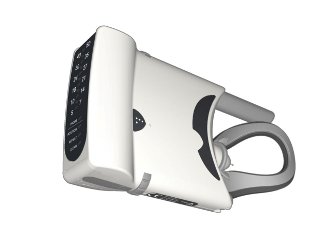With the recent website upgrade to FitEyes.com, I decided to send an email to all registered member. While writing the email I was inspired to discuss more of my experiences with self-tonometry, the process of monitoring my own eye pressure. After I wrote and sent the email, I realized that we have a lot of visitors to FitEyes.com who are not registered and who would not be able to see the experiences and thoughts I shared with the registered members. Therefore, because I feel very passionate about the benefits of self-tonometry, I decided to post the entire email on my blog. Here it is (and now it is updated to reflect recent events such as my grandmother's most recent birthday).
Hi Everyone - I just upgraded the FitEyes.com website. It has been a long, long time since I have sent an email to all members. FitEyes has continued to grow and flourish in recent months. I want to take this opportunity to invite you to visit the new website and let me know what you think. Not only will you see a new design and new features, you will find lots of new content (some of it potentially controversial).
New Website Features
You will see that FitEyes.com has many new features. It is running on open source software now. (For you techies, the operating system is open source too: Ubuntu Linux.) You can form friendships and communicate privately with other FitEyes members. There are lots of other new features, so please explore and try them out.
Self-Monitoring Eye Pressure
It is my strong belief that almost every glaucoma patient or glaucoma suspect (or anyone with elevated intraocular pressure) will benefit greatly from self-tonometry. The practice of frequently monitoring your own eye pressure in your daily life will be universal in the future -- just as monitoring blood sugar is a normal part of managing diabetes today.



